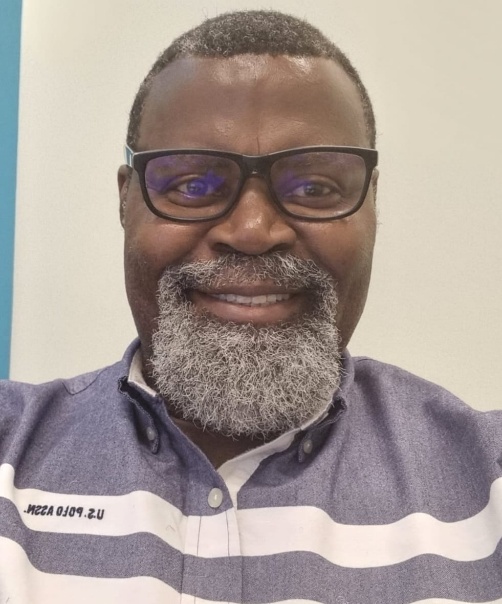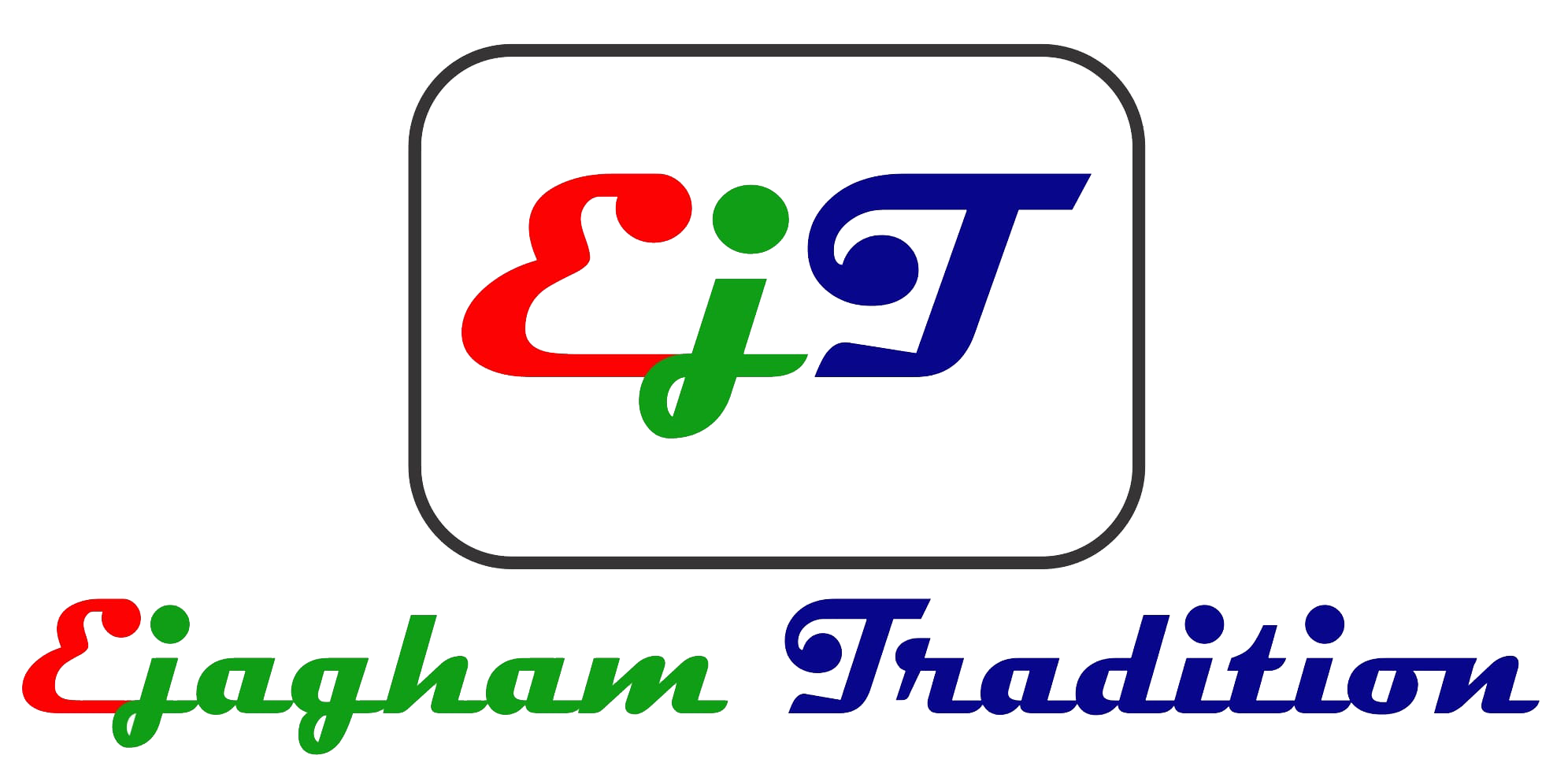The Revised Ejagham Language Orthography (RELO), a product of the Ejagham Language Codification (ELC) project, has spanned a considerable period, 5 years to be precise, and whether due to its longevity or the collective excitement surrounding Nigerian Educational Research and Development Council’s (NERDC’s) official authorization to proceed with curriculum development, it is easy to overlook how far we have come. Yet, revisiting our beginnings is essential to fully appreciate the milestones we have achieved.
While the journey has been punctuated by both challenges and moments of great enthusiasm across all stakeholders, the milestones graphic presented below provides a clear and grounded perspective on our progress. It highlights key deliverables and timelines, with guidance from our Ancestors in the form of Nsibidi, offering an opportunity to reflect on our achievements.

Ladies and gentlemen, as we stand at this pivotal moment, there is every reason to extend our heartfelt congratulations to one another. The road ahead, implementation of RELO, presents its own set of challenges, but with the momentum and bond we have built together, we are well-positioned to face it with confidence and resolve.
I had to delve deep into the archives to find what I hope will serve as a compelling and heartfelt appeal to the Ejagham community, a call to action to help preserve and revitalize our cherished heritage, the Ejagham language.
Nearly 4 decades ago, a devoted friend of the Ejagham people, Dr. John Watters, stood before our community during the Ejagham Literacy Conference held at the Ndidem’s Palace in Calabar, Nigeria. He spoke passionately about the survival of the Ejagham language, a subject that remains just as urgent today as it was then.
While he shared many insights, I want to leave you with the powerful words he offered in conclusion:

I urge you not to simply read these words, reflect on them. Let them stir something within you. Though spoken decades ago, their truth remains undiminished. The window of opportunity may have narrowed, but it has not yet closed. The responsibility, and the power, to shape the future of the Ejagham language still rests with us.



